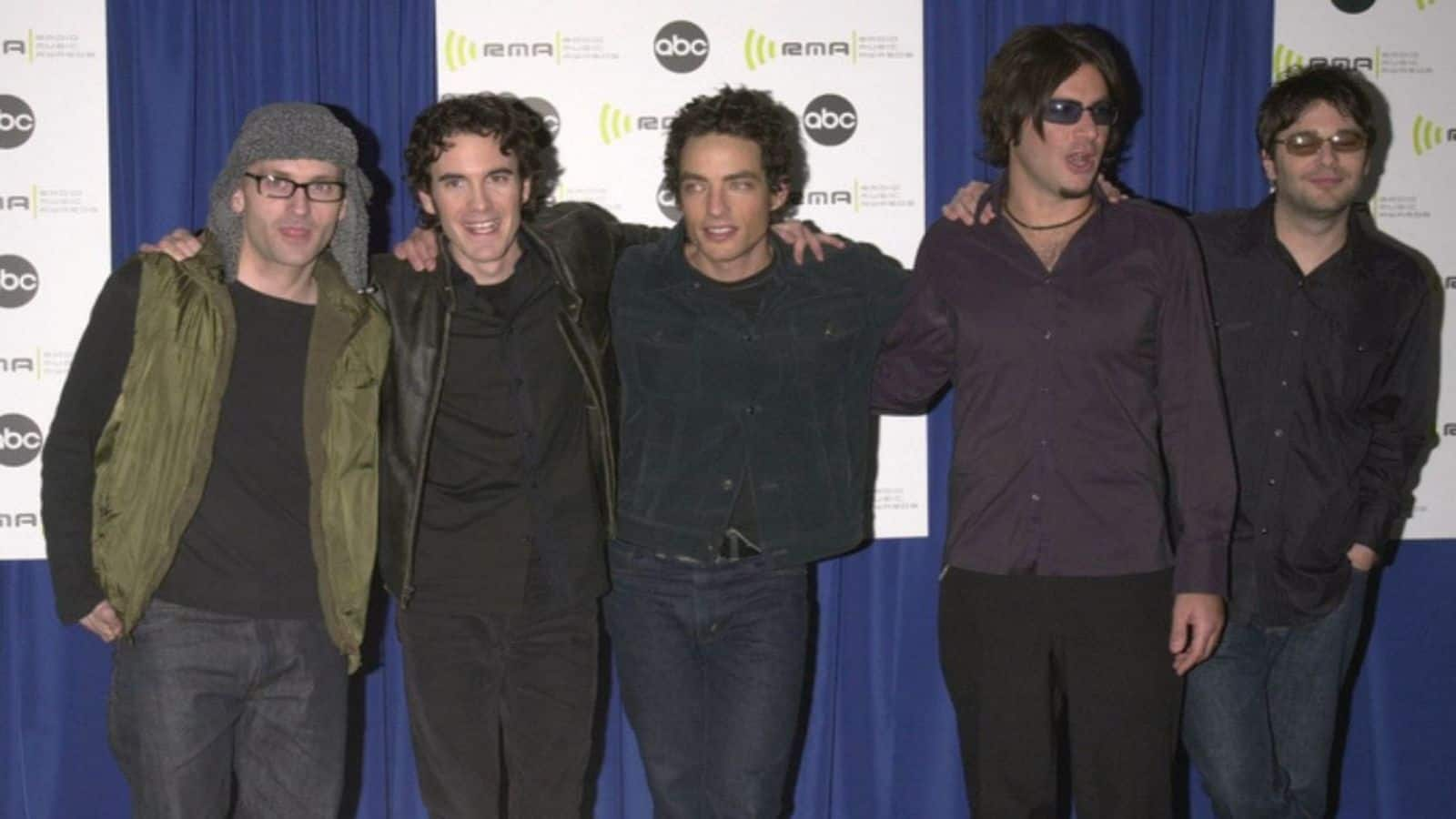
Renowned guitarist Michael Ward of The Wallflowers dies at 57
What's the story
Michael Ward, celebrated guitarist of the rock band The Wallflowers, breathed his last at the age of 57. The news was reported by PEOPLE magazine and confirmed by the band on their official Facebook page on Thursday. In a heartfelt post, they bid farewell to their "great and singular" member whose role and talents were mentioned as "a crucial part" of the band's history.
Formative years
Ward's early life and musical journey
The musician was born in California on February 21, 1967. Ward was a key figure in the formation of the alternative rock band School of Fish under Capitol Records. His unique guitar sound played a significant role in the band's hit song 3 Strange Days. The distinctive style of Ward inspired many musicians including Dave Navarro and Tommy Lee.
Musical legacy
Ward's remarkable career and global influence
Over a career spanning approximately 35 years, Ward contributed to over 50 studio albums. He collaborated with industry giants such as Matt Wallace and Matt Endert, among many other popular names. His successful tracks include Perfectly Good Guitar from John Hiatt's album, and Gavin DeGraw's I Don't Wanna Be. Throughout his illustrious career, Ward performed in 50 countries worldwide.
Band Journey
His stint with The Wallflowers and Grammy success
In 1995, Jakob Dylan, the lead vocalist of The Wallflowers, invited Ward to join the band. Their collaborative album, Bringing Down the Horse, was a massive success, selling over five million copies. The song One Headlight from the album Bringing Down the Horse won a Grammy in the Best Rock Performance By A Duo Or Group With Vocal category.
Band exit
Ward's departure from The Wallflowers and his perspective
Ward left The Wallflowers in 2001 due to creative disagreements with Dylan. In an old interview with MTV, he revealed that he had considered leaving earlier but was persuaded to stay by their manager, Andy Slater. He expressed his passion for creating songs from scratch, stating that adding guitar parts to someone else's music was not satisfying for him.